What are the symptoms of sepsis during and after pregnancy?
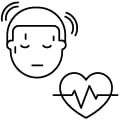
Early symptoms may include:
- A fever.
- A fast heart rate.
- Abnormal breathing.
- Chills and shaking.
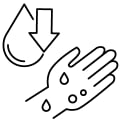
Later symptoms may include:
- Trouble thinking clearly.
- Low blood pressure.
- Cool and clammy skin.
- Blotchy or discolored skin.
How can you care for yourself if you had sepsis during or after pregnancy?
- Take your medicines as prescribed.
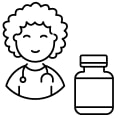
Tell your doctor if you're having problems with medicines.
- Wash your hands often.
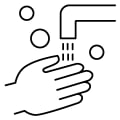
And follow your doctor's directions for cleaning wounds.
- Eat healthy foods.
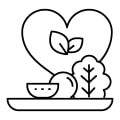
Choose vegetables, fruits, lean protein, and whole grains.
- Drink plenty of fluids.

If you have to limit fluids, talk with your doctor before you increase how much you drink.
- Avoid using alcohol, tobacco products, and drugs.

It's safest not to use these things at all. If you need help to stop or cut back, talk to your doctor.
- Trust yourself, and be direct.
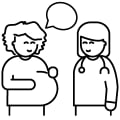
You're the expert on your body. If something doesn't feel right, get help. If you don't feel like you're being heard, say so.
Sepsis during and after pregnancy: When to call
Call 911 anytime you think you may need emergency care. For example, call if:
- You passed out (lost consciousness).
It's important to call if you are feeling sick again or if any symptoms of your infection come back.
Call your doctor now or seek immediate medical care if:
- You have symptoms, such as:
- A new fever.
- A fast heart rate.
- Shortness of breath or rapid, shallow breathing.
- A cough that's getting worse.
- New or worse pain in the belly or back.
- New or increased vaginal bleeding.
- Vaginal discharge that smells bad.
- New or worse nausea, vomiting, or diarrhea.
- You have symptoms of a urinary tract infection, such as:
- Pain or burning when you urinate.
- A frequent need to urinate without being able to pass much urine.
- Pain in your lower back (below the rib cage and above the waist).
- Blood in your urine.
- You have signs of a skin infection, such as:
- Increased pain, swelling, warmth, or redness.
- Red streaks leading from an area of your skin.
- Pus draining from an area of your skin.
Watch closely for changes in your health, and be sure to contact your doctor if:
- You do not get better as expected.
©2011-2025 Healthwise, Incorporated
